#also gray and his absolute conviction in what type of person he is and slowly changing for the better anyways
Text
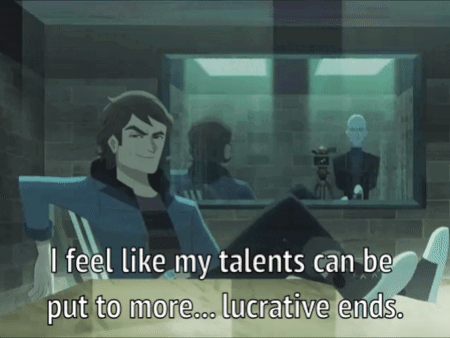
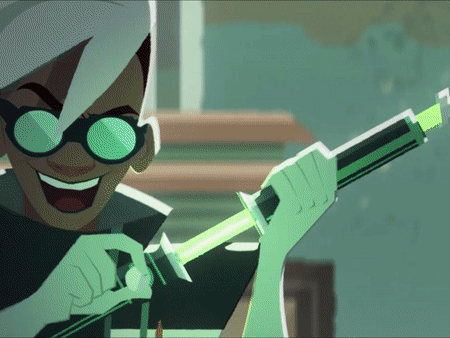
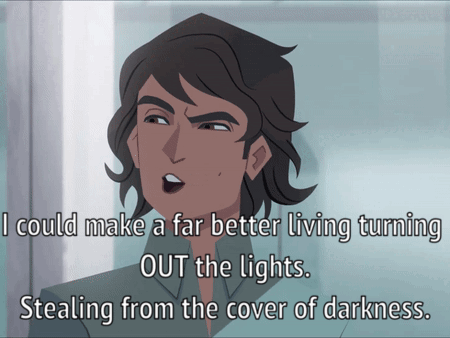



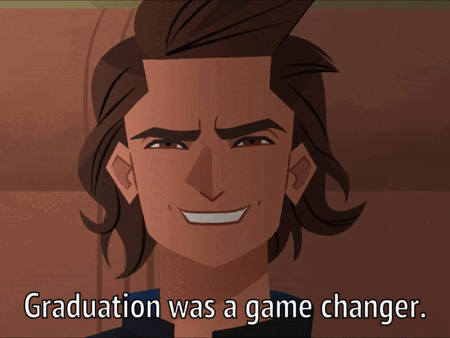

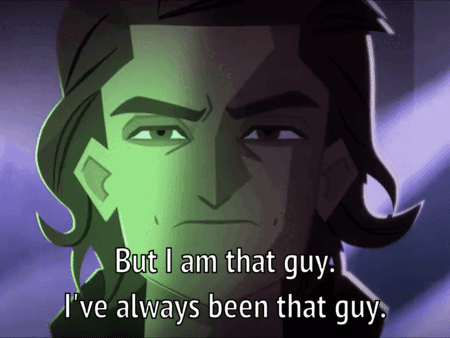
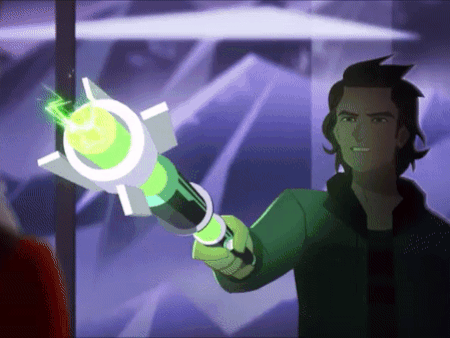
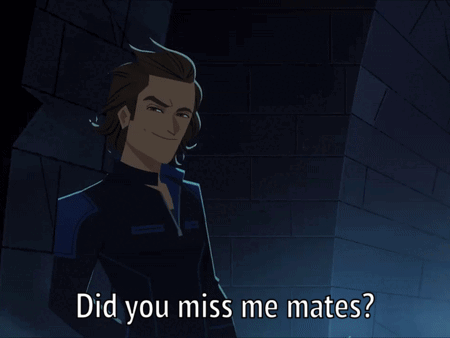
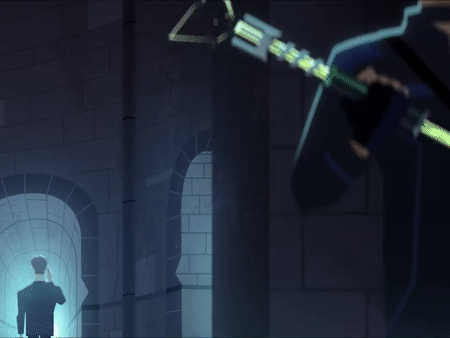
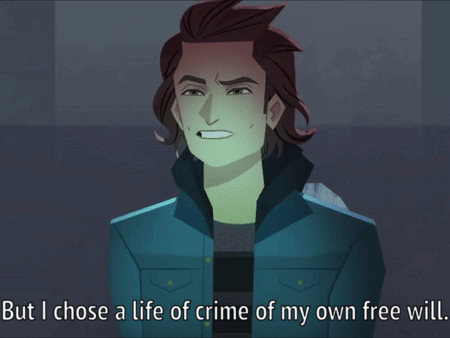

#graham calloway#gifs#many thoughts#first i was thinking how i hate the way s3 ends#the reveal deflated my enthusiasm SO much but i always begrudgingly accept it because#at the end of the day its thematically cohesive and helps move the story fine and thematic cohesion matters more to me#the crackle rod reveal however! is thank ! he's not dead + does not negate the choices and consequences of dark! carmen getting it#and reveals that he has changed in ways that impact people other than carmen and of his own volition since NO ONE KNEW HE DID IT#and this choice ends up saving his life and allowing him to have a true fresh start#plus add another to the headcanon that carmen won a little too easily on the train because gray knows how to throw a dude his size#and who is actively resisting him#Attempt is still an attempt and she should absolutely take it personally but for runtimes sake aside its laughable how short the fight is#no offense to miss carmens own fighting skills but almost every other agent she goes against can hold their own a bit longer#and i don't think gray is technically any worse than them#also gray and his absolute conviction in what type of person he is and slowly changing for the better anyways#little dude#digs a hole to rock bottom and then goes hahaha what if i became less terrible without anyone noticing#carmen sandiego 2019
37 notes
·
View notes
Note
Can you explain the appeal of Julian Blackthorn? This is a genuine question because I read the books and came away utterly bored by him and unconvinced of his moral greyness as opposed to like, Adam Parrish’s. He seemed so one dimensional to me but I want to know if I’m Wrong TM considering I tend to be very very biased toward my favourite characters and bored by the rest, and my favourites were Mark and Kieran. So maybe I just didn’t pay him enough attention??
it’s been a while since i wrote any earnest tsc meta but cringe culture is dead and the chance to infodump about my julian thoughts has me vibrating where i’m sitting so. yes okay.
technical stuff
(aka: things pertaining to How The Story Is Constructed)
cassandra clare’s characterization has become much stronger just in general since she first began writing the series like twenty years ago
perhaps most importantly: the more recent stuff i’ve read from her has involved characters who actually grow, change, and learn from their past mistakes
rather than repeating the same stupid decisions over and over again
and over and over and over some more
seriously take a shot every time someone in tmi miscommunicates or self-destructs in ways They Have Learned Not To Do for no real reason. u will die of alcohol poisoning
in tda this shines ESPECIALLY with the evolution of mark, kieran, and cristina’s relationship, but that’s a separate post
clare’s trademark is also the angsty traumatized jerkass love interest with a secret heart of gold
the woman is almost singlehandedly responsible for draco in leather pants and the proliferation of this kind of character type in fandom and teen lit. this isn’t a criticism it’s me marveling at how if you commit hard enough to a single trope you truly can change the world. follow your dreams
sad jackass with a heart of gold isn’t an Inherently Problematic Character Type
but poorly done it can lead to relationship dynamics in which one partner is constantly being hurt by and then forgiving the other despite them making no real effort to change, because they are narratively absolved due to being sad
(there’s a lot of this with earlier jace content. in some ways i think will was later created specifically to be a same-archetype protagonist who actually does get called on his shit and grow. that’s also another post)
also if all of your sexy male love interests are tortured jackasses with a heart of gold then people start calling you a one-trick pony
enter julian blackthorn!
from the very start everything about him is designed to be the INVERSE of the heart of gold jackass. which immediately makes him interesting just from a meta perspective
(mark and kieran are also both alternate angles on this time-honored archetype. mark gets the heart of gold and kieran gets the jackass and then they’re both much more deeply messy than that. yet another post)
julian is kind, self-sacrificing, empathetic, artistic, emotionally supportive, responsible, and favored by old grannies everywhere
so a completely nonthreatening milquetoast guy, right
immediately forgettable if you’re only here for the dramatic conflicts and shithead antics of clare’s other protags
except that he is A Mess
and that he has structured his priorities very carefully, and they are as selfless as you expect from The Hero (TM) but they are also Not Heroic (TM) and they do not align with the moral framework The Hero (TM) is supposed to use
moral ambiguity in characters always exists in relation to their narratives imo. you mention adam parrish - trc’s narrative already mucks around in different ethical shades of gray, and adam falls on the canon scale about where julian does on his canon scale. both more willing than the average pov character to do the ruthless thing or make the fucked-up choice if the ends justify the means; both with an intensely strong sense of internal priorities that they adhere to at all costs, both so unbelievably fucking down for murder; etc
i do think there are ways julian’s choices could have been pushed even further, but considering the number of readers who hate his guts already, i can see why clare opted not to go for the most controversial possible conflicts
so we’re flipping the narrative
instead of seeing this angsty bad boy and peeling back the layers of his trauma to find his heart of gold, we’re seeing the put-together selfless family man and peeling back the layers of his Responsibility Mask to expose the rotting husk underneath
MMMMMMMMMMMMMMM
THAT IS FUN AS FUCK
then when julian DOES lash out in hurtful, uncontrolled ways, he has significantly more narrative justification for it than most of clare’s protagonists (will elaborate in characterization thoughts)
julian is also interesting as fuck because of how his struggles allow for a more in-depth look at the failings of shadowhunter society, something that’s also sorely lacking in clare’s earlier work
his apparent amorality is simply the result of him making pragmatic and impossible choices because he has been faced with fucked-up ethical dilemmas since age 12 Because Society Has Failed Him
which opens the door for narrative exploration of how and why he’s been failed so badly & what needs to change
i also love that he has such a coldly calculated way of analyzing situations and allowing harm to occur when need be, bc a lot of clare’s early protagonists have such a bad case of Rush In And Get Myself Killed Because I’ve Got Feelings About Impulsive Heroism syndrome that i wanna push them in front of a truck
probably there’s other meta narrative stuff i could say but i’m stopping myself and moving on to character analysis
characterization stuff
(aka: reasons why i’m also attached to him in a vacuum)
i don’t read him as one-dimensional at all tbh
u may feel the narrative pushes “ruthless julian blackthorn” too much without delivering enough actual ruthless julian But i don’t think that’s the same as having only one dimension
from the get-go, the big question centered on julian is always “how far are you willing to go?” and the narrative pushes the stakes slowly higher and higher to continuously test julian’s “the price is always justified” mindset
he has a far more layered and realistic response to trauma than clare’s early protagonists - trauma affects every single aspect of his personality and how he conducts himself, and the effects vary depending on the circumstances
his conviction that he has to be the perfect parent to his siblings because they will fall apart if they see him show weakness?? rooted in how he feels like he’s fallen apart since losing the stable adult support he once relied upon
his willingness to hurt semi-innocent people, commit coldblooded murder, manipulate people using political leverage, allow harm to befall any stranger if it protects his family?? rooted in how he has already had to ask himself how much he’s willing to sacrifice, and how his family is his only source of stability when the world has never done Shit for him
his conviction that he has a darker heart than anyone else because he killed his possessed father, even though intellectually he knows he was saving his brother’s life?? rooted in having no means of processing this trauma and being unable to voice his feelings for fear of backlash from a deeply non-understanding society
the way he represses every single negative emotion he ever has, to the point where emma - his actual literal magic soulmate who can feel his emotions - is startled to find him hurting or angry?? once again all about how he has to be the perfect father or he’s failed completely
the way his anger is so totally disproportionate to different situations and the way his negative emotions can only come out in completely uncontrolled breaks?? all that repression baybey. this kid has not processed a single bad feeling in five years. every single real grievance and petty annoyance has been festering indefinitely inside him like a slowly spreading infection
julian’s arc involves him needing to get thru being his worst self to actually start to heal
as in, he has to actually learn to acknowledge his feelings, take care of himself, lean on his family, and let other people take some responsibility
he also has to learn that in his quest to be the perfect emotionally controlled authority figure, he has not actually learned how to control or deal with his emotions. like. At Fucking All. good god
the narrative setup is also about asking “how far are you willing to go?” until the answer is finally “not this far. not this far”
and once he reaches that point, he has to reevaluate everything about how he weighs his priorities and morals and plans, etc
(i also like that emma has a perpendicular arc in which she’s always the one tempering julian and telling him “no we can’t go that far” until she’s willing to do something horrific that he absolutely won’t and HE has to stop HER. very sexy)
it’s also just really nice to have a character who’s learned to relate so well to literally every single member of his family while still having a very detached ruthless interior consciousness. i have similar feelings about how adam teaches himself to love people, but with julian it’s spelled out more explicitly in canon & it’s a more central character theme
i’m sure i’m also forgetting stuff here but this post is long enough so i’m gonna say good enough
and like i said in the tags on my other post, there are things i’d personally write differently if it were my story - plot points i’d shift, character contrasts i’d up, themes i’d explore differently, pacing i’d adjust, etc. i have plenty of ways i could be nitpicky and editorial about the effectiveness of julian’s arc. but i also don’t feel like writing them out at the moment & none of my critiques on effectiveness have an impact on the core appeal of his character 2 me. he’s so fucking good
208 notes
·
View notes
Text
From Failure to Professor: The Growth of Lord El-Melloi II
Lord El-Melloi II of the Lord El-Melloi Case Files is no doubt a strange yet oddly charming man. He is deeply relatable; choosing to play games in his spare time and wanting to spend another five minutes in bed rather than get to work. He gets annoyed when his favorite cafe closes down and he doesn’t have a place to work at. Overall, he’s an eccentric yet clever man. Yet at the same time, he’s noted by most of the cast to be extremely unconventional, carrying none of the condescension and mystery typical of mages. Lord El-Melloi II, formerly Waver Velvet, didn't always start out this way, but grew into the adult he is now. It was a harsh journey, but one he no doubt had to take.
When we first meet Waver Velvet in Fate/Zero, he’s a brat. At the same time, young Waver deeply hates himself. By mage standards, he is an absolute failure, having poor talent in magecraft and shunned by both peers and teachers alike. He enters the Holy Grail War not because he wants to find the Root, but because he wants to prove himself; by winning the Holy Grail War with a matchless Heroic Spirit, there would be no doubt of his abilities. He starts out reckless, putting up a boisterous front to hide his inadequacies and his cowardice. Even though he has an idea of how a mage should behave, there isn’t any strength behind his conviction because he's plagued with doubts. Nobody believes in him, not even himself.
However, meeting Rider, Iskander, radically changed his life. Iskander is a prideful type, but not overbearing; he has lived his life and is very confident in his abilities. He is also generally a righteous person, not ignoring the fact that he can’t always be perceived as good by everyone. Iskander has a dream that gives him purpose, and his charisma moves Waver. They come to respect each other, and Waver slowly begins to realize his own self-worth. He begins to take pride in himself, both as a person, and as Iskander's retainer. His focus shifts from no longer wanting to gain respect from others at all cost to being a person worthy of respect.
This isn’t without a cost—even as an adult, Waver is forever mourning the time he spent with Iskander. The Holy Grail War may have traumatized him deeply, but it was also the most important time of his life. He can never go back to those times, and spends his adult life mostly longing to see Iskander again, even if there’s no real way to reunite with the same person who changed him. Still, despite being forever in mourning, he has built a group for himself in the students who learned so much from him, especially in an environment as hostile as the Clock Tower.
To put things lightly, for the most part, mages are not good people. They have a singular dream and push their magecraft to its furthest to achieve that dream, regardless of whether people get trampled underfoot in the process. The Clock Tower, despite being a place of knowledge and a venue for mages to grow, is extremely ruthless by nature. Its politics are for the most part, self-serving. When he emerges from the Holy Grail War as one of the few survivors, he takes up the El-Melloi name, but in doing so, is sucked back into Clock Tower politics. Even then, he’s noted to be an eccentric, and by mage standards, he is. He doesn’t seem to have any interest in reaching the Root, and he doesn’t really adhere to a lot of conventional unspoken magus teachings. Most importantly, he has an unspoken empathy for other people, especially those who are more unconventional. As we know from real life, just because someone is knowledgeable about a subject doesn’t necessarily mean that they have the ability to be a good teacher. Teaching is a skill that not only involves breaking down complex information so it can be understood easily, but also accepting that not everyone will pick up on it easily. Yet, to fail is overall, something unsuitable for a mage, but who understands failure better than Waver?
Most of his students are far from the norm. Flat, as seen further in Fate/Strange Fake, has never quite clicked with regular standards of communication, and his magecraft is quite unusual. Caules, most distinctly shown in Fate/Apocrypha, doesn't have nearly as much talent as his sister and is a far lesser mage by comparison. Gray, his apprentice, isn't even a mage. While the Clock Tower wouldn't reject people like them per se, they at the very least wouldn't be able to reach their full potential under conventional means. Yet, as exasperated as Waver acts, he is still their professor and mentor and he cares for their growth. To him, his students aren't just pawns, but people who will grow into the future.
There’s no mistaking that even as an adult, Waver is a terrible mage. His magecraft is third-rate, and even with a title and a stellar knowledge of theory, he has no way to put his practices into execution. His best days are past him, and it may feel like he’s among the dead. At the same time, he followed Iskander’s teachings, he did survive and go on to spread his teachings. he is no doubt a good person, and a stellar human being—and that’s what truly matters.
What do you think of Waver's growth? Let us know in the comments!
----
Noelle Ogawa is a contributor to Bubbleblabber and Cup of Moe. She can be found on Twitter @noelleogawa.
Do you love writing? Do you love anime? If you have an idea for a features story, pitch it to Crunchyroll Features!
1 note
·
View note